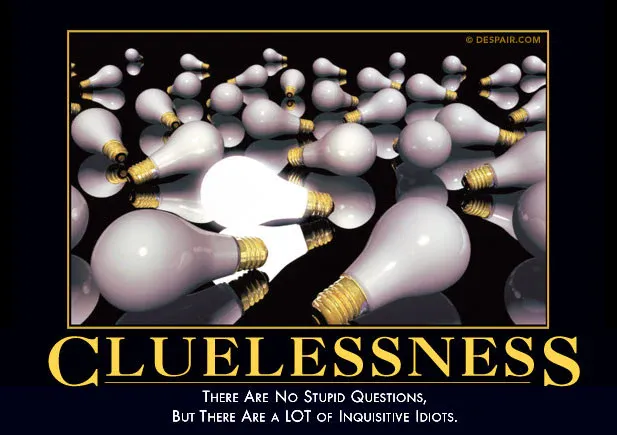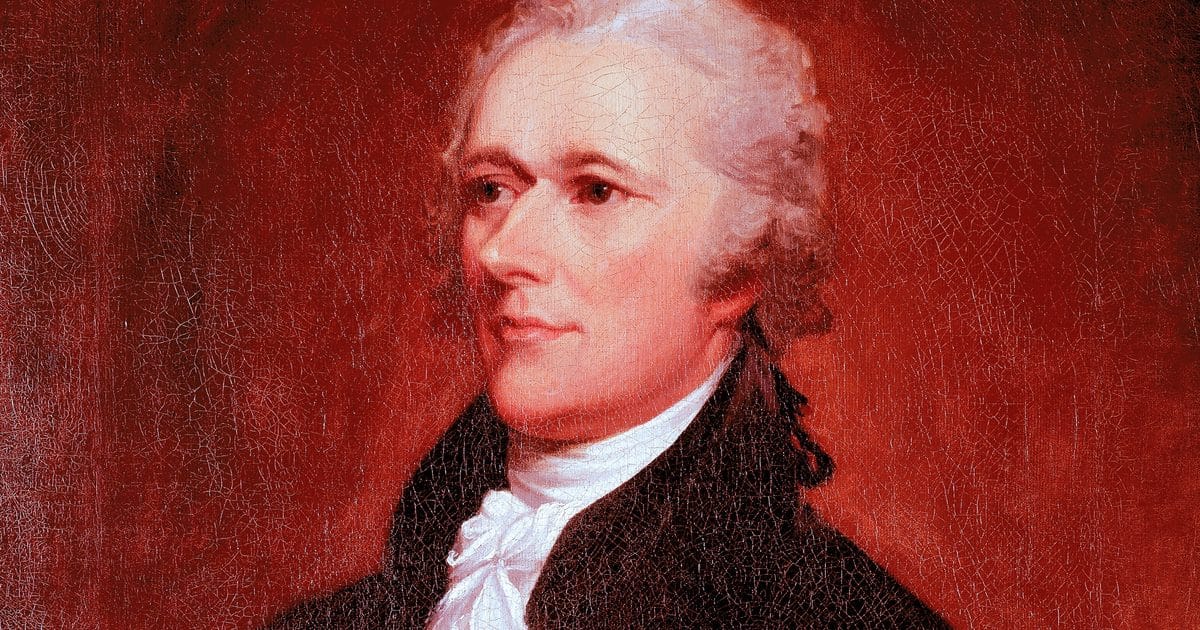F.A.Q.'s

Q. Isn't nationalism bad?
A. No. Next question.
Q. No, really, isn't nationalism the root cause of the rise of demagogues, tyrants, & holocausts, etc.?
A. You seem to be confusing it with pure "democracy," a.k.a, mob rule, which really does devolve into all those bad things, every time. This is why our Founders opposed it and conceived of a uniquely framed republican (small "r") form of government based on the accumulated experience and wisdom of free societies over the course of human history - which history they studied intently in the design of our republic as ultimately expressed in our Constitution and Bill of Rights.
Nationalism is merely the natural love of country that normal people feel toward the land of their birth, or their adopted homeland. It's as fundamental to a well-rooted human identity as family or clan, and in its best expression, i.e., in a republican form of government, it provides the cultural cohesion that would otherwise be lacking in a federalist system of rigorous checks and balances and other structural mitigations of competing interests that typically cause conflict in a society.
Q. So, what is economic nationalism, then?
A. Good question! Economic nationalism is an approach to national economic policy that places the financial interest of the nation as a whole above that of either narrow regional or individual interests, on the one hand, or foreign corporate or collectivist/globalist interests, on the other. It takes a systemic view of a society, and attempts to strengthen/maximize the overall economic power of that society.
Economic nationalism focuses therefore on the needs of a properly functioning, unhampered market system within the borders of a given nation, within which capital is actively encouraged to grow on a per capita basis, thus raising that nation's standards of living via its fragile wage and price structure.
Economic exchange between systems, in the sense Adam Smith described it in his famous treatise, On the Nature and Causes of the Wealth of Nations, is the domain of trade, but within a national economic system, the modern term for such exchange is division of labor, and its activity is of a different nature. This is an important distinction - external trade vs internal division of labor - because the modern doctrine of "free trade" conflates these concepts by promoting global division of labor, specifically to eliminate national borders and promote the creation of a single global economic system, and with it, an attendant global government above the sovereignty of any particular nation.
Q. This sounds suspiciously like MAGA/America First. What's the relationship of economic nationalism the way you describe it to MAGA?
A. Make America Great Again, or MAGA, is the political movement of President Donald J. Trump, which we would describe as "intuitively" economic nationalist. To the best of our knowledge, President Trump's brand of economic nationalism is not derived from a specific economic or political theory, but rather a more emotive, patriotic sense of duty to nation - that is, it's more about the nationalism than the economics, and more centered on the perfectly correct observation that America's elites have abandoned the working and middle classes in both parties, particularly with respect to economic policies.
We hope our contributions to the American political-economic policy dialog include a more rigorous advocacy of sound economic policy centered around the American national interest. If this provides a better foundation for more consistent economic and social policy initiatives supported by the MAGA/America First movement (or any other with a similarly aligned outlook), great; but we don't consider ourselves directly affiliated with that movement, or any other movement, per se. Our goal is to make explicit how we believe our Founders would have looked at the issues of our day. We believe MAGA is an expression of some of the key ideas our Founders advocated. Movements come and go, but the Founding ideas of our unique republic are durable, and remain just as relevant today to guide our consideration of pending laws, emerging cultural trends, and looming geopolitical events as they were when our Founders put them into practice at the dawn of our republic.
